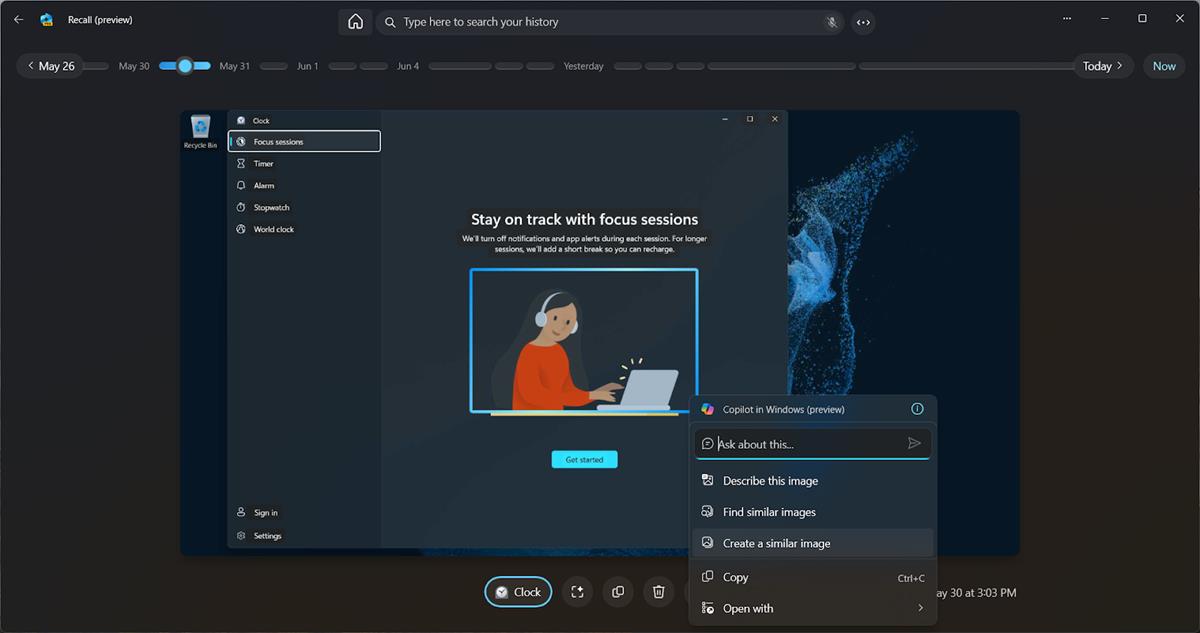If you thought that Microsoft was done with Recall after its catastrophic reveal as the main feature of Copilot+ PCs, you are mistaken.
Microsoft wants to bring it back this October 2024. Good news is that the company plans to introduce it in test builds of the Windows 11 operating system in October. In other words: do not expect the feature to hit stable Windows 11 PCs before 2025 at the earliest.
While Recall may have sounded great on paper and on work-related PCs, users and experts alike expressed concern. Users expressed fears that malware could steal Recall data to know exactly what they did in the past couple of months.
Others did not trust Microsoft to keep the data secure. We suggested to make Recall opt-in, instead of opt-out, to make sure that users knew what they were getting into when enabling it.
Microsoft pulled the Recall feature shortly after its announcement and published information about its future in June. There, Microsoft said that it would make Recall opt-in by default. It also wanted to improve security by enrolling in Windows Hello and other features.



I wonder why are they so invested into this “feature”.
Building a fully trained model on user preferences/habits is the holy grail of marketing.
You can infer user intelligence, addictive personalities, and vices. You can couple that with income and likelihood to spend.
When you pull that kind of data from email or even from web browsing, you don’t get the kind of depth that you can get from a trained model.
There’s models with all your habits and preferences, they’re worth serious money. And that’s why Microsoft is pushing so hard to make sure you log in with a online account.
Honestly, it’s an exciting feature. I just don’t trust anyone to build it, or even myself to keep it safe.
Up front disclaimer: this is all conjure on my part.
I own an “AI” laptop (only because I was interested in a snapdragon x). Most of the AI enabled features don’t really require a NPU, such as a decent background camera blur, some paint and photo stuff, live captions, etc. Microsoft was looking for a headline feature that didn’t already have a CPU/GPU/cloud implementation. Enter: recal.
IMO this is very much about finding a novel feature, that doesn’t have an alternate implementation. The near term motive is to justify their “AI” PCs to customers in hops that customers adopt them. I suspect the long term goal is opening up a revenue stream for AI - get customers used to “AI enabled” features and then tack a subscription cost onto them, but I truly hope this won’t be the case - especially when the hardware you own has a NPU.